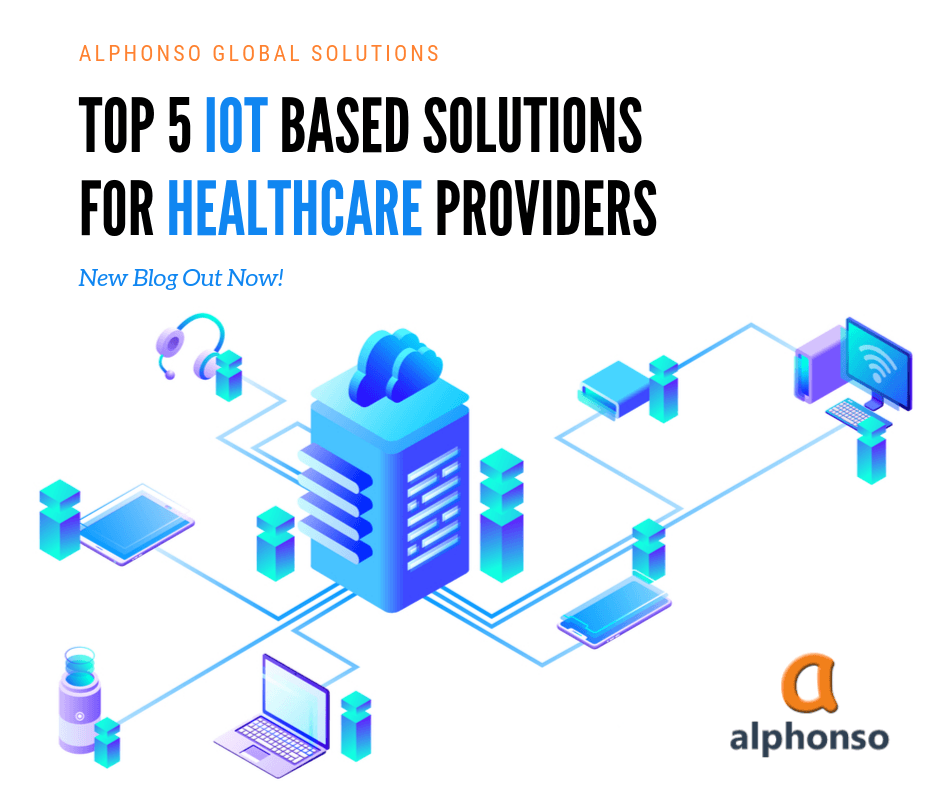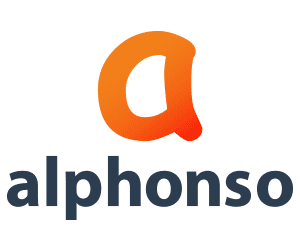
The IoT continues to accelerate globally making the case for smart, IoT-powered Health solutions look especially convincing. Today there are tons of wearable devices that measure steps, heart rate, sleeping patterns and so on but in this blog post, we are going to concentrate on those that have a greater potential to save people’s lives and help them mitigate acute health issues such epileptic or asthmatic attacks.
1) Bio-sensors:
At the moment, bio-sensors are among the most important elements of the health care digital transformation. You can find a wide range of biosensors that transmit medical information over a wireless network to mobile and web applications.
For example, bio-sensors can enable users to measure glucose levels, arterial pressure, heart rate, oxygen level, pulse, blood alcohol level, and alert users (and doctors) if some health issues/problems are detected.
2) Patient Health Portals:
By now, patient health portals have become an essential part of health care organizations. Helping provide improved customer service and optimizing operations like request processing and appointment scheduling, they facilitate the life of both doctors and patients.
Imagine, for instance, a health portal, that allows patients to consult with doctors and experts online, check out test and lab results, easily make payments, communicate with other patients, find out healthy tips and food recipes, and schedule appointments.
3) Smart continuous glucose monitoring (CGM) and insulin pens:
Diabetes has proven to be a fertile ground for the development of smart devices, as a condition that affects roughly one in ten adults, and one that requires continual monitoring and administration of treatment.
A Continuous Glucose Monitor (CGM) is a device that helps diabetics to continuously monitor their blood glucose levels for several days at a time, by taking readings at regular intervals. Smart CGMs send data on blood glucose levels to an app on iPhone, Android or Apple Watch, allowing the wearer to easily check their information and detect trends.
These devices are even starting to become available on the NHS: on World Diabetes Day 2018 (14th November)
4) IoT application for Hand Hygiene Compliance :
According to the Center for Disease Control and Prevention in the United States, about one patient out of every 20 gets infections from lack of proper hand hygiene in hospitals. Several patients have lost their lives due to unhygienic conditions which lead to infection. Here, IoT healthcare application can help by coming up with the solution in real-time whenever the doctor/nurse comes near the patient without washing their hands then the sensor would beep. Hence, reminding them to maintain hygiene.
Disease Management in solutions for healthcare :
Millions of people in America suffer from chronic diseases like heart problems, diabetes, obesity, cancer, arthritis, stroke among many others. Disease management is a crucial aspect in such cases and impacts the outcome of the treatment. But the patients are not always under medical supervision and spend time outside the clinic or hospital. A solution is required to monitor the status of the patients which helps them manage their diseases effectively.
Solution:
Patients of chronic diseases need to take care of themselves between a hospital or clinic visits. IoT can help them keep track of their health through wearable and other devices like asthma tools, heart monitors and glucometers. The patient can get a complete overview of their health like blood pressure, cholesterol levels, body mass index, body temperature and more on their fingertips. The data collected from the devices are stored on the cloud and available to physicians in real-time. The healthcare professionals can use the data and take the help of remote patient monitoring to assist the patients in managing their diseases.
Conclusion :
IoT in health care is a recent development but has the potential to bring a complete transformation. It will improve the outcome of treatment, help monitor patients, achieve preventive care and reduce the cost of operations. IoT is the next phase of health care’s digital transformation. Working together, we can create a health care system that is affordable and reliable with a high success rate.


